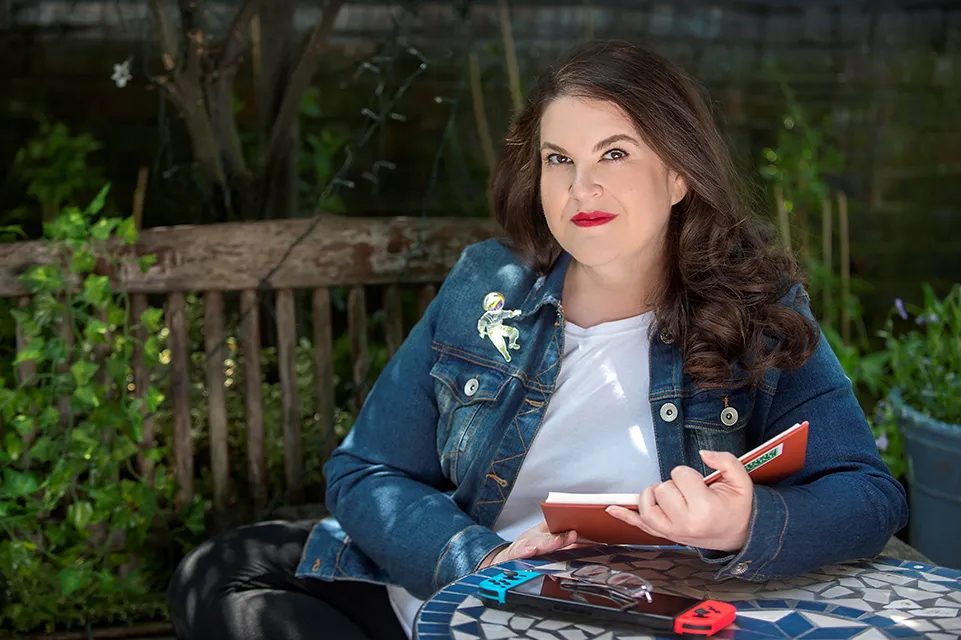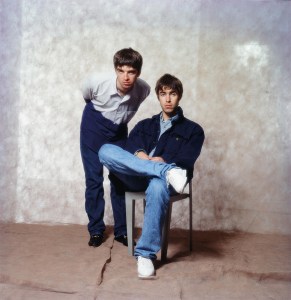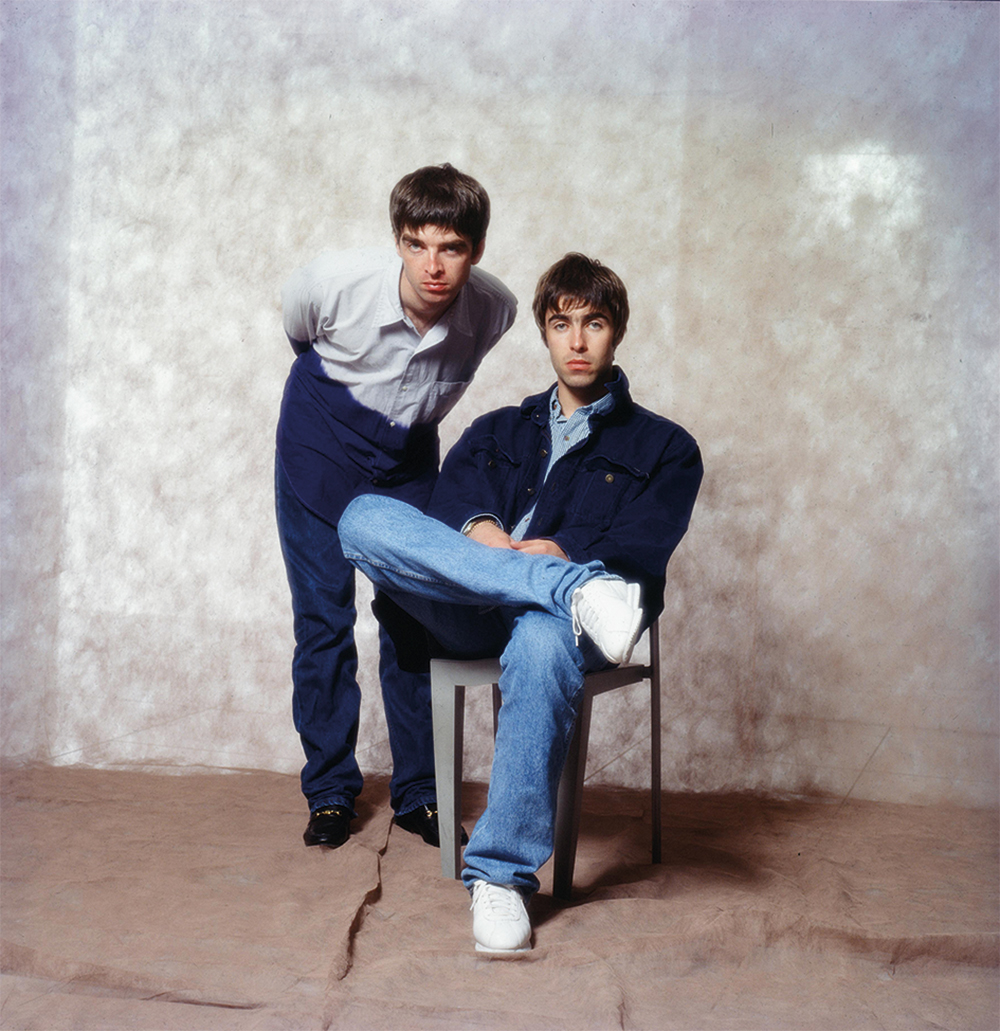The sirens sound in the street. The lockdown order comes. The images on the television are of chaos and illness, total societal collapse. The apocalypse is here, and where are the rich? Already holed up in their survival compounds, ready to ride out the end of the world before emerging to take control of what’s left of it for themselves.
Billionaire preppers and their plans for Bond-villain bunkers have now pervaded the public imagination to the extent that this year we have two novels dealing with the phenomenon. First there was Eleanor Catton’s Birnam Wood, which took inspiration from Peter Thiel’s efforts to build a bunker in New Zealand. Now, Naomi Alderman’s The Future picks up on the idea with a near-future narrative about the secret survival plans of three global tech tycoons.
The novel takes a dim view of doom-steading. “The end of the world is only ever hastened by those who think they will be able to protect their own from the coming storm,” Alderman writes. But it also celebrates the human urge to carry on in the face of disaster. That instinct is embodied by Zhen, a YouTuber whose backstory includes a frighteningly believable “Fall of Hong Kong.” Having survived one cataclysm, she instructs others online about the best ways to live through various doomsday scenarios. After Zhen meets Martha, the daughter of a former cult leader and a personal assistant to a character who reads as a stand-in for Elon Musk, she starts discovering a little more than she should about the apocalypse preparations of the rich and powerful.
Dust-jacket promises of “an audacious heist with the future of the world at stake” make the novel sound less sophisticated than what it is: part-thriller, part-Big Tech critique and part-meditation on the end of the world and what surviving it would mean. For the author of a story about the future, Alderman spends a lot of time reaching into the past. The non-linear narrative layers flashbacks upon flashbacks, building tension by slowly revealing context rather than pushing events forward. Teasing the plot out of character back-stories, occasional action and even a dose of Bible study may not sound like everyone’s idea of fun, but the end result is skillfully layered.
Since her previous novel The Power, which was at the center of the boom in post-Trump feminist dystopian fiction back in 2016, Alderman seems a little more optimistic about the human race’s chances of resolving its problems. There is little nihilism here, though the novel arrives at this viewpoint in an odd way.
The ending seems to validate the idea that if only the “good guys” could take power, then utopia would be within reach. Alderman presents us with a world in which a trio of Silicon Valley bosses essentially control everything, and so only a similarly elite, small group of people has any chance of taking them on and putting things right. It’s a starkly pragmatic philosophy, and I cannot quite decide if it is a reassuring one.
This article was originally published in The Spectator’s UK magazine. Subscribe to the World edition here.






















Leave a Reply